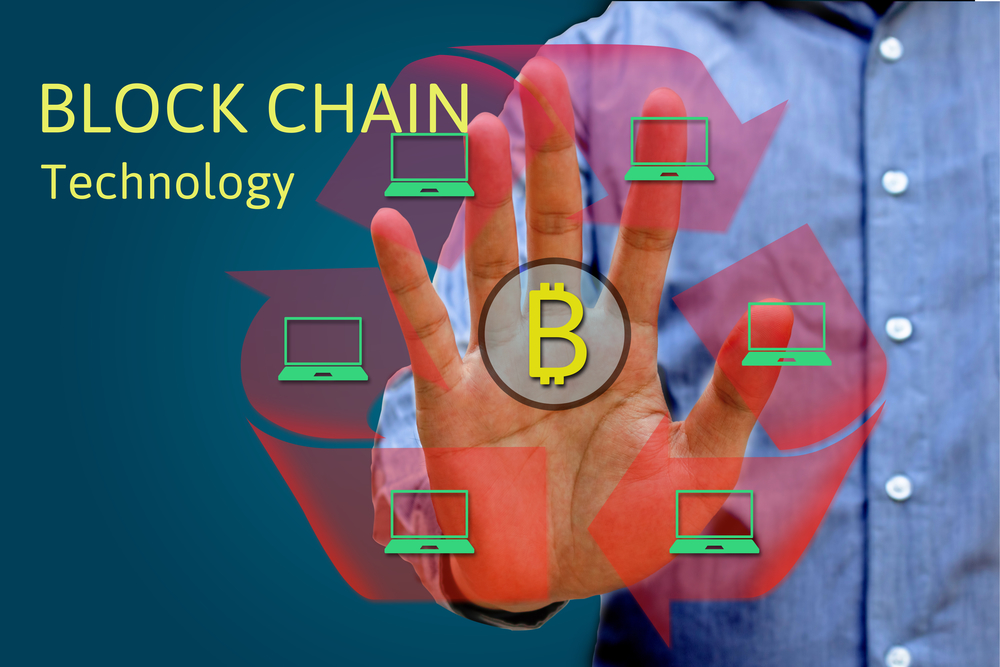 In my last blog post, I described seven emerging careers that are linked to blockchain technology. Besides the fact that they’re all related to the same technology, these career options have another thing in common: it’s not easy to get a degree or diploma in anything blockchain-related. This means that people and/or organizations who want to hire staff to work in these areas probably can’t use their usual approach. Degrees and diplomas don’t work as a proxy for knowledge in this context.
In my last blog post, I described seven emerging careers that are linked to blockchain technology. Besides the fact that they’re all related to the same technology, these career options have another thing in common: it’s not easy to get a degree or diploma in anything blockchain-related. This means that people and/or organizations who want to hire staff to work in these areas probably can’t use their usual approach. Degrees and diplomas don’t work as a proxy for knowledge in this context.
Measuring Job Candidates’ Knowledge and Experience
In my experience, most hiring managers and business owners focus on evaluating potential employees’ knowledge and experience because these characteristics are measurable. Often, knowledge is assumed when a job applicant has the right degree or diploma. In these early days of the blockchain era, those degrees and diplomas don’t exist. Similarly, most employers require a certain amount of relevant work experience. Again, in this brand-new context, nobody has 5 to 10 years of work experience. This puts hiring managers and business owners in a tough position. The usually ‘measurable’ stuff is not so easy to measure.
Besides Knowledge and Experience, What Determines Job Performance?
It gets worse. In the world of Industrial and Organizational (I/O) Psychology we’ve always understood that job performance is determined by two things:
1) Employees’ knowledge and experience, or in other words, what they know. Often this is technical competence or so-called hard skills.
2) How an employee applies their skills and experience. This includes qualities like initiative, creativity, judgement, conscientiousness, etc. For a more thorough discussion of soft skills and their importance – especially when hiring, please read this previous blog article. In many cases, the soft skills play the bigger part. When you’ve got one or more people with similar experience and knowledge (often measured by a certain designation, credential, degree, or diploma), the person who is better able to apply what they know is more successful. They have better soft skills.
 I’ve always found it interesting (and troubling) that most employers and hiring managers spend much more time evaluating skills and knowledge and inadequate time and effort evaluating candidates’ soft skills. Practically speaking, I understand why this happens. It’s much easier to assess knowledge and experience. Measuring things like behavioural flexibility, sound judgement, teamwork and cooperation, etc. is often easier said than done.
I’ve always found it interesting (and troubling) that most employers and hiring managers spend much more time evaluating skills and knowledge and inadequate time and effort evaluating candidates’ soft skills. Practically speaking, I understand why this happens. It’s much easier to assess knowledge and experience. Measuring things like behavioural flexibility, sound judgement, teamwork and cooperation, etc. is often easier said than done.
In this brave new world of blockchain-related careers, many organizations will make expensive mistakes when hiring staff. For the time being, it’s almost impossible to count on degrees or diplomas as a proxy for knowledge. Hardly any candidates have multiple years of experience. Plus, the soft skills which are traditionally harder to measure may be even more elusive in this context. In addition to the usual soft skills, qualities like potential, the willingness and ability to engage in ongoing self-directed learning, and creativity/innovation are probably especially important. Lucky for my clients (and future clients), my training and experience have allowed me to develop a specialization in measuring these types of human behaviours in the workplace.
Alternative Employment Arrangements
Although it’s still the early days of the blockchain era, I’ve seen evidence of organizations exploring different types of employment arrangements (click here to read more). This is due, in part, to the fact that there are many more jobs than there are qualified people to fill them. This means that there’s stiff competition for employees and candidates can be very picky about the role they choose. Some of the compensation models that have been presented include various degrees of equity, cryptocurrency token distribution arrangements, plus competitive salaries. These scenarios are making the employer-employee relationships much fuzzier than usual.
Planning to hire people who can function effectively in the blockchain era? Let’s talk! I invite you to contact me by email, phone, or via direct message on Twitter, Facebook, or LinkedIn.
I/O Advisory Services – Building Resilient Careers and Organizations.
Easily share this article using any of the social media icons below!




